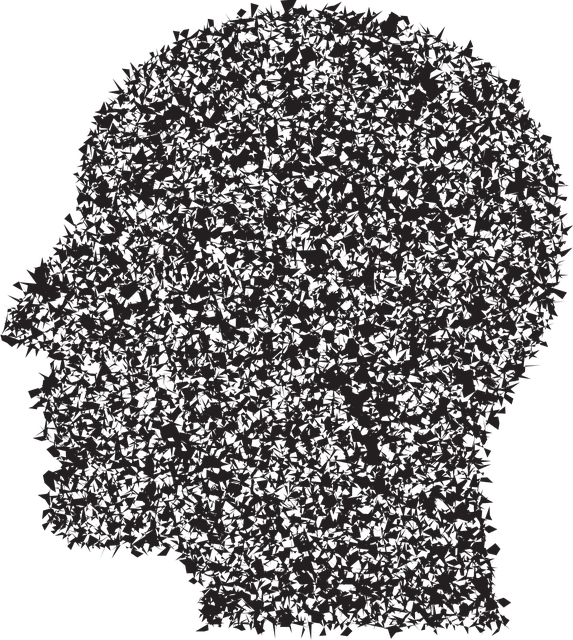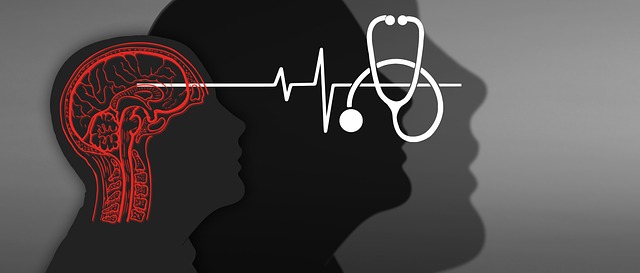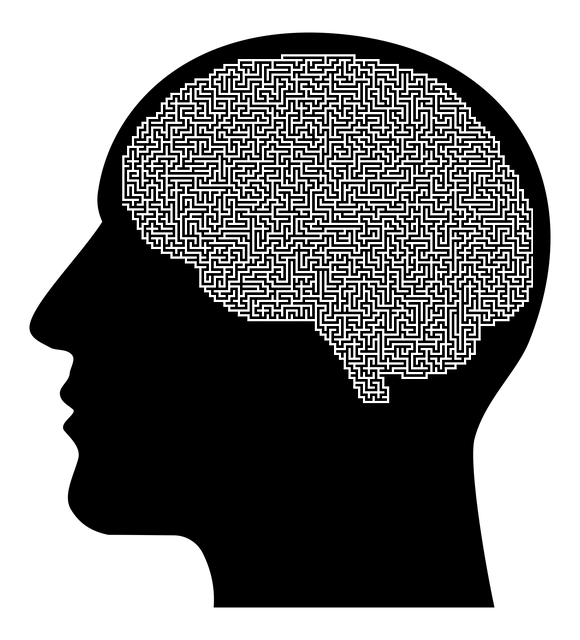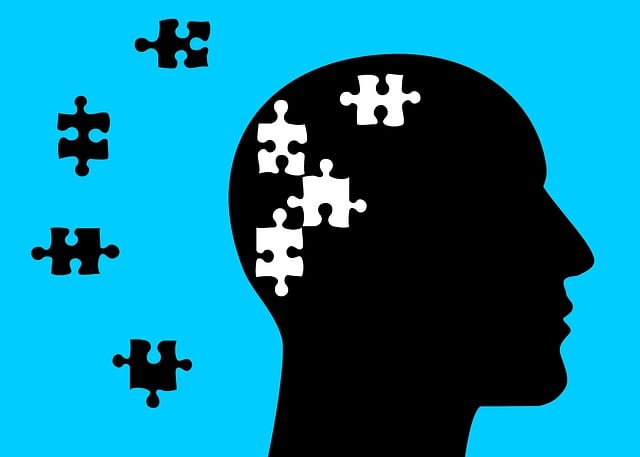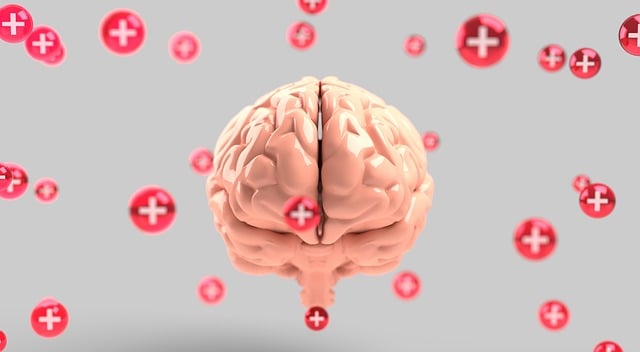The Westminster Functional Neurological Disorder (WFND) Therapy approach revolutionizes mental health diagnosis by examining neurological and psychological functions, identifying subtle patterns missed in traditional assessments. This evidence-based method focuses on emotional regulation and the connection between thoughts, feelings, and behaviors, improving risk management planning and earlier interventions. Integrating fMRI and other technologies, along with continuous training for professionals, enhances diagnostic accuracy and fosters a healing environment. Public awareness campaigns destigmatize mental health issues, encouraging early diagnoses for WFNDs and related conditions.
Mental illness diagnosis accuracy is a critical aspect of patient care, with significant implications for treatment outcomes. This article explores innovative efforts to enhance diagnostic precision, focusing on the transformative potential of Westminster Functional Neurological Disorder (WFND) Therapy. We delve into the challenges that hinder accurate mental health assessments and present advanced techniques, new research, and technology integrating efforts aimed at improvement. Additionally, we discuss the critical role of training and education in empowering professionals to make more reliable diagnoses.
- Understanding Westminster Functional Neurological Disorder Therapy: A Key to Diagnosis Accuracy
- Challenges in Mental Illness Diagnosis: Overcoming Barriers with Advanced Techniques
- Integrating New Research and Technology for Improved Diagnostic Tools
- Training and Education: Empowering Professionals for Accurate Assessment
Understanding Westminster Functional Neurological Disorder Therapy: A Key to Diagnosis Accuracy

The Westminster Functional Neurological Disorder (WFND) Therapy approach is transforming mental health diagnosis accuracy. This evidence-based method delves into an individual’s neurological and psychological functions, offering a nuanced understanding of their condition. By focusing on emotional regulation and the intricate relationships between thoughts, feelings, and behaviors, WFND enables professionals to identify subtle patterns that may have been previously overlooked.
This therapy plays a pivotal role in the public awareness campaigns development related to mental health. By educating both the public and healthcare providers about Functional Neurological Disorders, it fosters a more accurate risk management planning process for mental health professionals. This, in turn, leads to earlier interventions and improved outcomes for individuals grappling with these often-misunderstood conditions.
Challenges in Mental Illness Diagnosis: Overcoming Barriers with Advanced Techniques

Mental illness diagnosis often faces significant challenges due to the complex nature of human behavior and emotions. Symptoms can vary widely between individuals, making it difficult for healthcare professionals to pinpoint specific disorders accurately. Additionally, many mental health conditions share similar characteristics, leading to misdiagnosis or delayed treatment. However, advancements in technology and therapeutic approaches offer promising solutions.
One such innovation is the integration of advanced techniques like functional neurological disorder therapy, which focuses on identifying and addressing underlying neurological patterns. This method has proven effective in Westminster, providing personalized treatments for diverse mental health concerns. Moreover, crisis intervention guidance and self-care routine development play pivotal roles in enhancing diagnostic accuracy. By teaching individuals coping strategies and promoting proactive self-care, healthcare providers can better understand the nuances of each patient’s experience, leading to more precise diagnoses. These comprehensive approaches not only improve diagnosis but also support long-term depression prevention and overall mental well-being.
Integrating New Research and Technology for Improved Diagnostic Tools

The integration of new research and technology is a game-changer in enhancing diagnostic tools for mental health professionals. Advances in neuroscience have led to a better understanding of various mental illnesses, allowing for more precise identification of conditions like Westminster Functional Neurological Disorder (WFND). For instance, functional magnetic resonance imaging (fMRI) can now detect distinct brain patterns associated with specific disorders, improving diagnosis accuracy.
This technological leap offers not only enhanced visualization but also provides an objective risk assessment for mental health professionals. By combining cutting-edge technology with evidence-based practices, healthcare providers can deliver more personalized Trauma Support Services and effective Stress Management strategies. For example, digital platforms now offer remote assessments, making it easier to screen patients at risk and providing timely interventions.
Training and Education: Empowering Professionals for Accurate Assessment

Mental health professionals play a pivotal role in diagnosing functional neurological disorders (FNDs), such as those offered at Westminster Functional Neurological Disorder Therapy. To enhance diagnosis accuracy, continuous training and education are essential. Workshops, seminars, and peer-to-peer learning sessions can equip practitioners with the latest research, treatment modalities, and clinical skills. This enables them to better understand FNDs’ complex presentations, which often overlap with physical symptoms and psychological distress.
Empowering professionals through comprehensive training goes beyond improving assessment techniques. It also fosters an environment that supports emotional healing processes. By addressing burnout prevention strategies within these educational initiatives, healthcare providers can maintain optimal well-being while delivering quality care. Public awareness campaigns development, alongside these efforts, can further destigmatize mental health conditions, encouraging earlier and more accurate diagnoses for individuals suffering from FNDs.
Mental illness diagnosis accuracy is a multifaceted challenge that requires innovative approaches. By integrating advanced techniques, such as Westminster Functional Neurological Disorder Therapy, and leveraging new research and technology, we can significantly improve diagnostic tools. Furthermore, comprehensive training and education for professionals are crucial to ensure accurate assessments. These efforts collectively foster better patient outcomes, enhance treatment effectiveness, and ultimately promote a healthier society.

